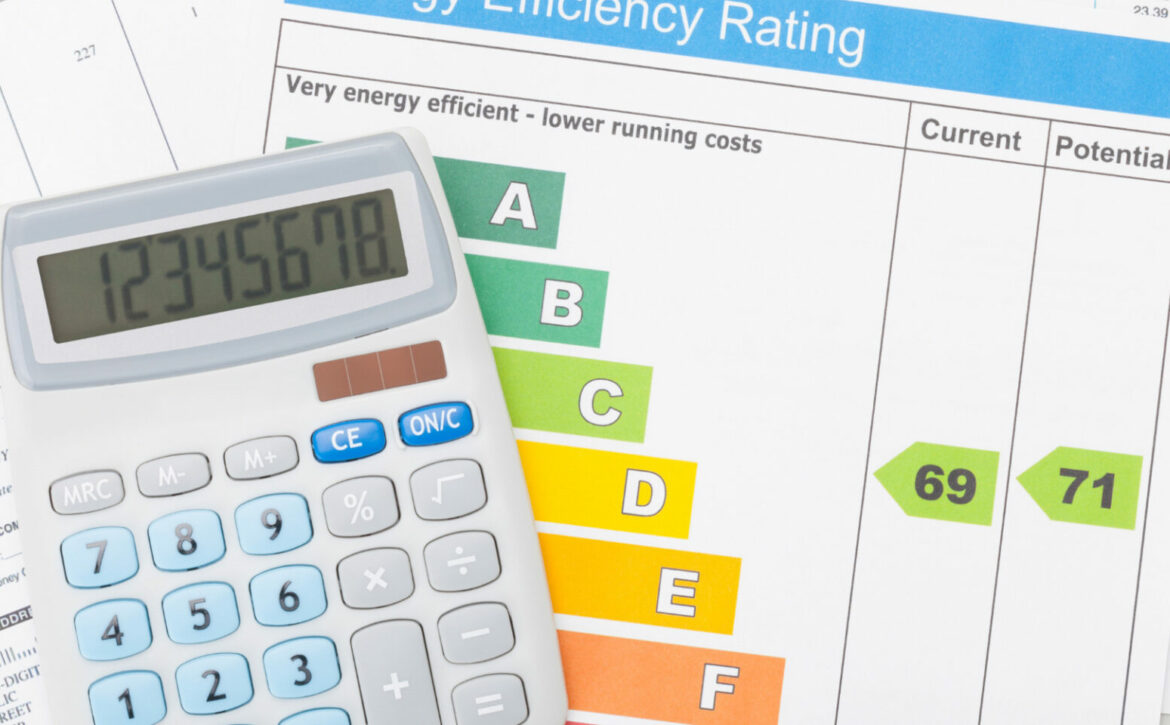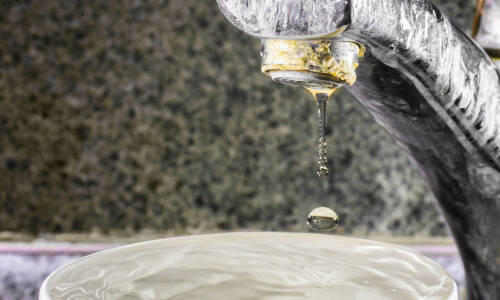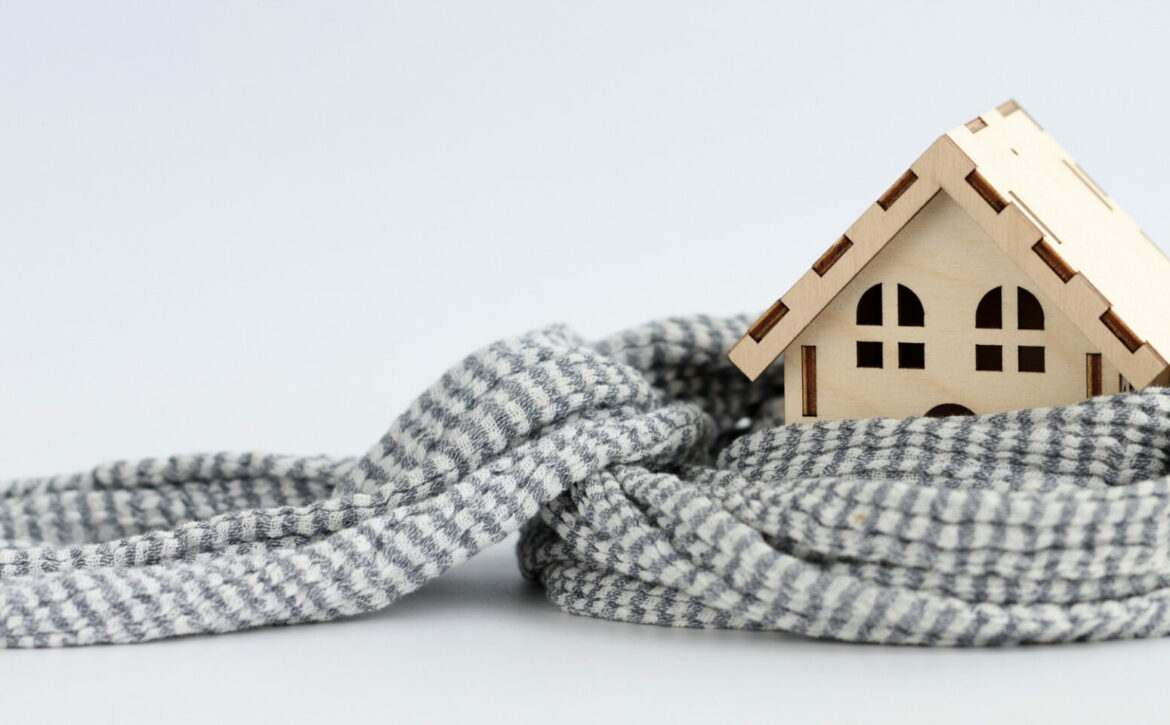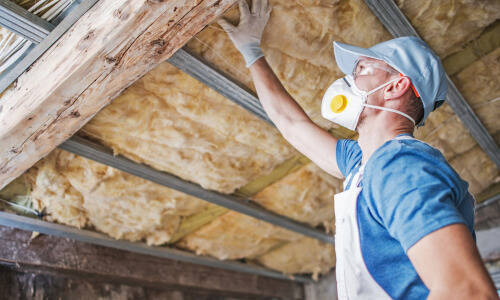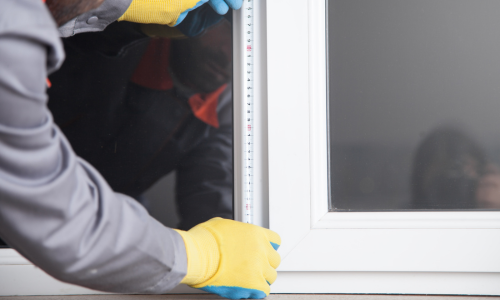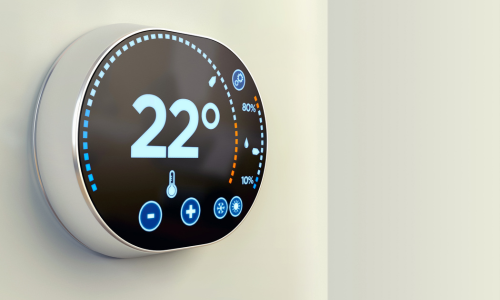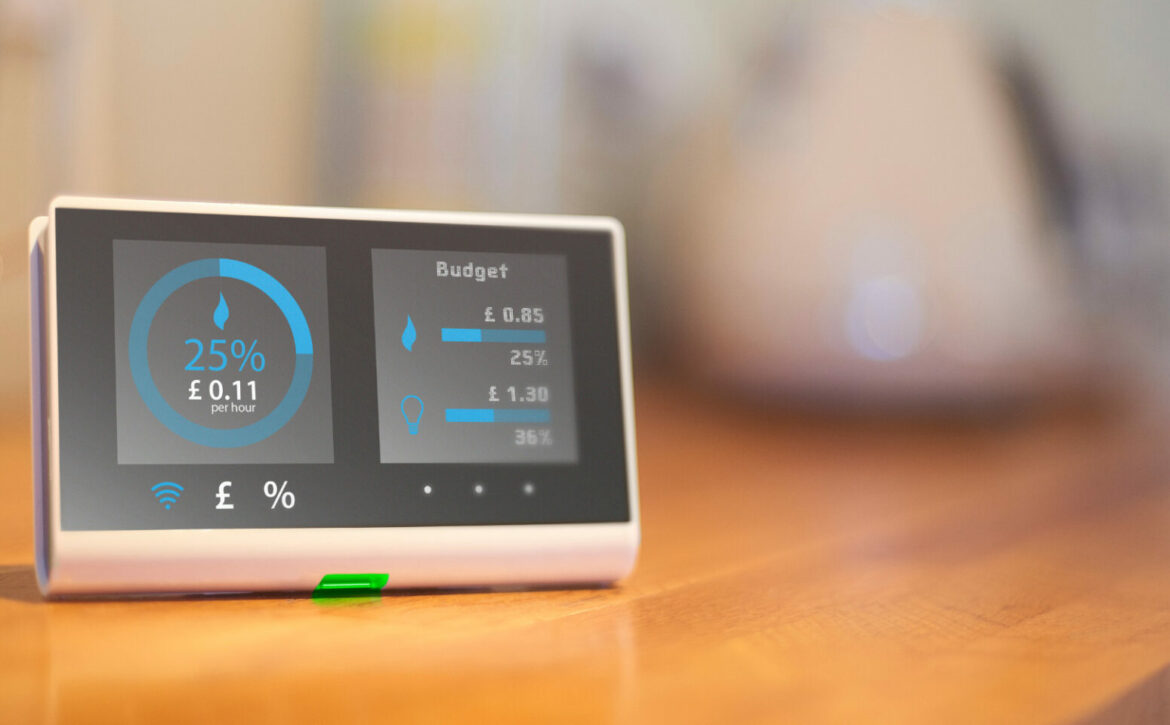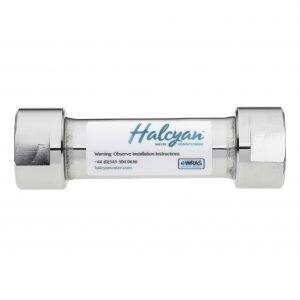The Silent Energy Thief: How Limescale is Costing UK Homes
In the quiet corners of our homes, a hidden culprit is silently stealing energy, and most of us are completely unaware. According to a startling statistic from British Water, every 1mm of limescale on a heating element adds 7-10% to its energy consumption. Now, compound that with the revelation that over 60% of UK homes are located in hard water areas, and you have a recipe for escalating energy bills and environmental impact.
The Unseen Enemy: Limescale’s Grip on Energy
Limescale, the chalky deposit left behind by hard water, may seem harmless at first glance. However, its insidious nature becomes apparent when we consider its impact on the efficiency of our household appliances, particularly heating elements. British Water’s revelation about the exponential increase in energy consumption with each millimetre of limescale is a wake-up call for homeowners nationwide.
Understanding the Scale of the Issue
Over 60% of UK homes are situated in hard water areas, meaning that a significant portion of the population is unknowingly grappling with increased energy costs. Hard water, rich in minerals like calcium and magnesium, leaves limescale deposits on pipes, taps, and crucially, on heating elements. As these deposits accumulate, the efficiency of the appliances decreases, leading to higher energy consumption and subsequently, larger energy bills.
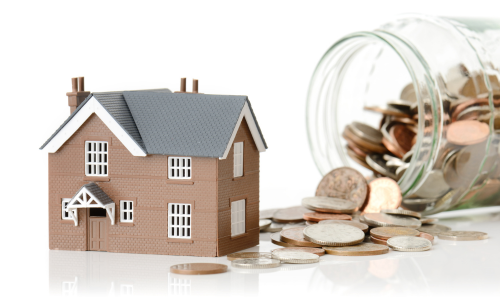
The Economic Impact: Counting the Cost
For the average homeowner, this silent energy thief translates into substantial financial losses. The compounding effect of limescale on energy consumption means that households in hard water areas are paying more than necessary for heating, water heating, and other appliances. In a world where energy efficiency is paramount, addressing the limescale issue becomes not just an environmental responsibility but an economic imperative.
Environmental Consequences: Beyond the Household
The environmental repercussions of widespread limescale issues are also worth noting. Increased energy consumption means higher carbon emissions, contributing to climate change. As a society, we must recognise the interconnectedness of individual choices and their collective impact on the planet. Tackling the limescale problem is not just about saving money; it’s about making a meaningful contribution to a more sustainable future.
What’s the Solution?
- The Halcyan Water Conditioner: Our ‘fit and forget’ solution to hard water is perfect for protecting your home from the hidden damage caused by limescale and saving you money. Not only does the Halcyan alter the behaviour of hard water so it doesn’t deposit limescale, it actually reduces the existing limescale in your plumbing over time. So if you’re concerned that your home is beyond saving, don’t give up hope!
- Water Softeners: Investing in water softeners can be a proactive step that can significantly reduce limescale build up in your home, preserving the efficiency of your appliances and cutting down on energy consumption. There are some drawbacks to water softeners to be aware of before coming to a decision.
- Regular Maintenance: Implementing a routine maintenance schedule for household appliances, especially those prone to limescale build up, can go a long way in preventing energy inefficiencies. However, in many areas of the UK, the constant build up of limescale is an impossible enemy to keep on top of.
- Awareness and Education: Increasing awareness about the impact of hard water and limescale on energy consumption is crucial. Educating homeowners about the available solutions empowers them to make informed choices.
Conclusion
As so much of this issue is hidden from sight, it’s easy to overlook the accumulation of limescale. However, the statistics from British Water should serve as a call to action for homeowners across the UK because rising energy bills are definitely not something to be ignored. Addressing the limescale problem isn’t just about saving money; it’s about taking a stand for energy efficiency, environmental responsibility, and a more sustainable future for all.
If you’d like to find out more about the Halcyan Water Conditioner, you can explore our Knowledge Centre and find out how it works here. You can call our expert team on 0345 504 0656 for more information on how you, your home and your garden can benefit from installing a Halcyan.
Why Choose Halcyan?
Halcyan Water Conditioners is a British company based in Bristol and our alloy-based solution to hard water is unique to the UK. Our Water Conditioner is an eco-friendly, people-friendly solution to hard water and keeping your energy bills from sky-rocketing due to limescale! With our 30 Year Warranty and our 12 Month Money Back Performance Guarantee, the Halcyan is the perfect ‘fit and forget’ solution!
Learn More


